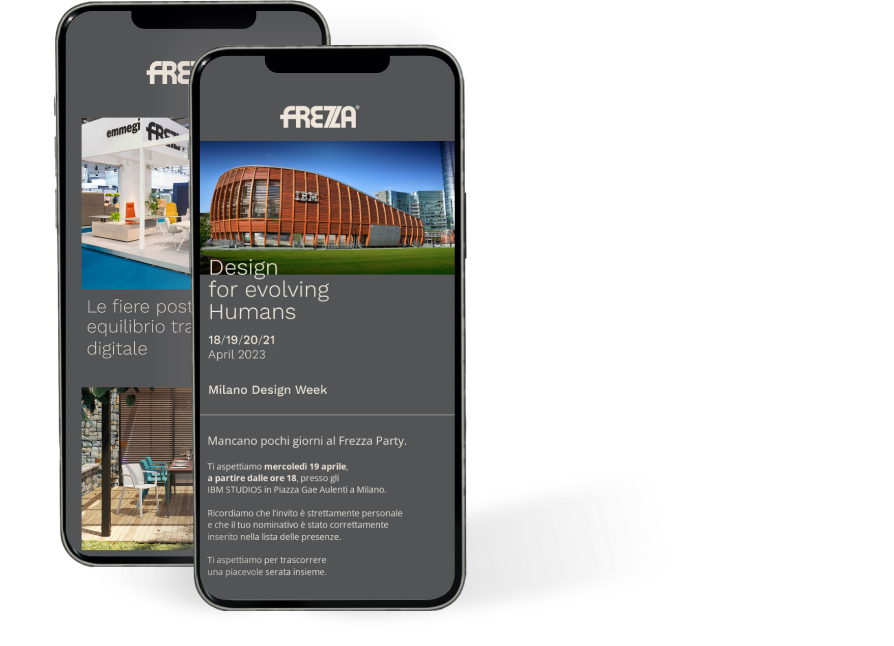Education, technical skills and experience are the heart of a CV and represent essential elements in the selection of a manager. Today, however, they are no longer sufficient, especially when it comes to hybrid workplaces.
Having a fragmented team, divided between office and teleworking, can be arduous for many companies. To overcome this challenge a good management approach is required, which starts with the aptitude of the individual person.
In this case we need to take into account the so-called soft skills, which are transversal competences that help the individual to skilfully juggle both work and personal life.
They can be operational, such as attention to detail, personal, in easily tolerating stress, or relational, connected to interaction with co-workers. In this transition from the traditional office to the hybrid workplace (nowadays the most demanded by successful companies) here are the three soft skills that a manager must possess.
Communication skills
Communication always comes first when entering the relational sphere. Never before has it been as essential as it is today for a leader to be able to approach his or her team effectively, using a common language that is clear to everyone.
In addition to the modern tools and platforms that are essential for collaborating with a diverse team, the manager’s communication skills must come into play.
For some the stumbling block may be a virtual meeting, as the lack of physical interaction and gestures are often difficult to interpret via a screen.
When speaking virtually, one must pay more attention to the tone of voice and explain the context and have an awareness of how a topic should be addressed. The way a subject is presented is as important as what is consequently said about it. There is always a reason why texts or e-mails are sometimes misunderstood.
Empathy
The presence or absence of colleagues in the office can create imbalances in team dynamics. It’s important that the manager is not only willing to listen to each employee’s critiques, but is also able to sympathise with them.
Putting oneself in the shoes of another individual is the key to understanding the skills (in this case both soft and hard) and needs that are necessary in order to be more efficient in project management.
This skill can be applied within any business function, because it focuses on limiting closures and negative conflicts by facilitating communication between resources.
The manager must create an environment in which each person feels comfortable within an organisation and perceives that they can provide their contribution and ideas, even if not explicitly requested, without negative consequences.
Ability to create trust
The third soft skill is, in part, the sum of the previous ones. Being credible in the eyes of co-workers and creating a climate in which each team member trusts his or her colleagues is an invaluable skill.
Some people possess this ability naturally, but it’s not necessarily something you are born with. Knowing how to create trust is a skill that is improved and developed in time also through constant effort.
Success, without confidence, is an unattainable goal!

